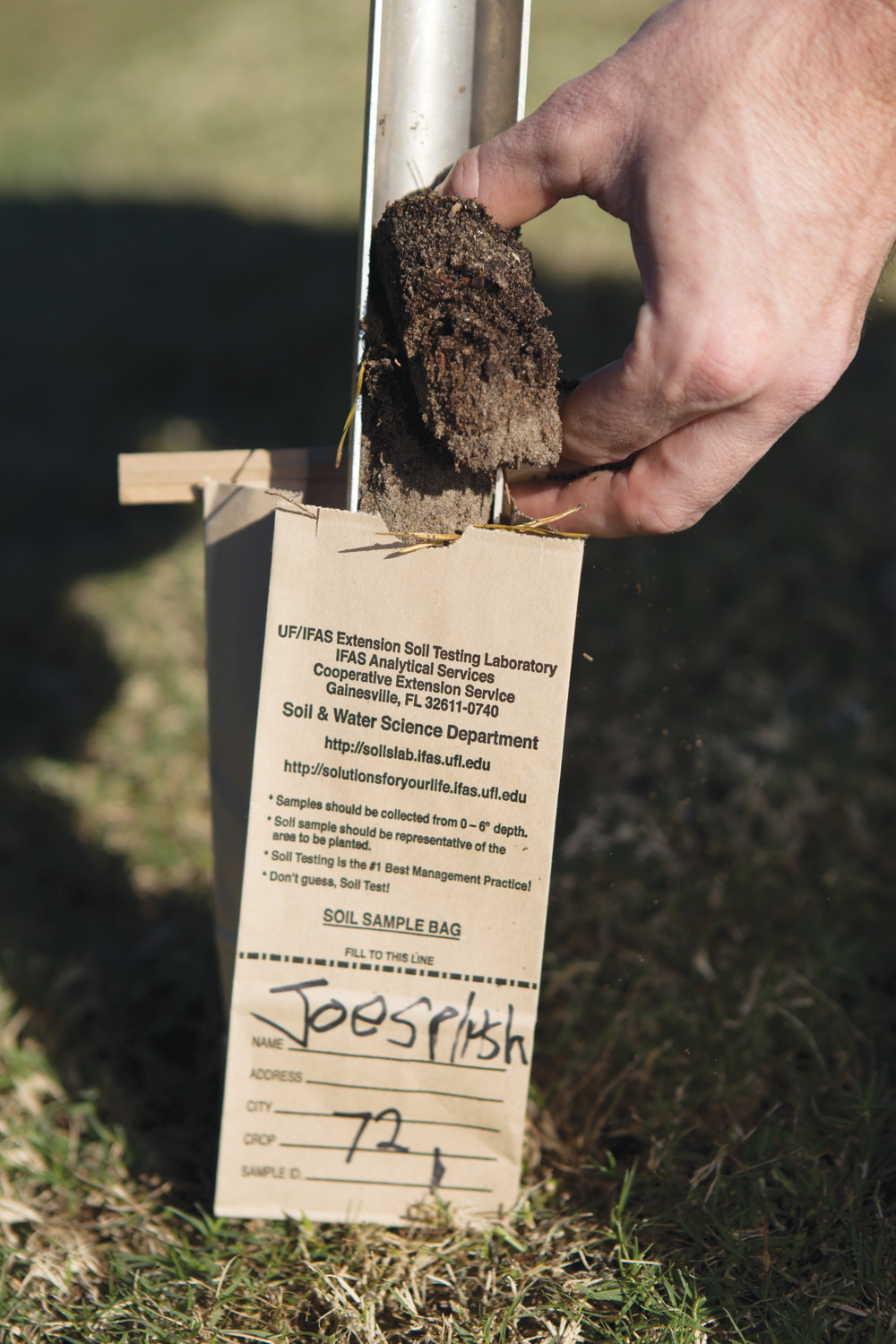Limit your lime
GREEN COVE SPRINGS – How many times in your gardening experience have you been told to add lime. Whether it is to the lawn, landscape, or in your vegetable garden, it seems that some people …
This item is available in full to subscribers.
Attention subscribers
To continue reading, you will need to either log in to your subscriber account, or purchase a new subscription.
If you are a current print subscriber, you can set up a free website account and connect your subscription to it by clicking here.
If you are a digital subscriber with an active, online-only subscription then you already have an account here. Just reset your password if you've not yet logged in to your account on this new site.
Otherwise, click here to view your options for subscribing.
Please log in to continueDon't have an ID?Print subscribersIf you're a print subscriber, but do not yet have an online account, click here to create one. Non-subscribersClick here to see your options for subscribing. Single day passYou also have the option of purchasing 24 hours of access, for $1.00. Click here to purchase a single day pass. |
Limit your lime
GREEN COVE SPRINGS – How many times in your gardening experience have you been told to add lime. Whether it is to the lawn, landscape, or in your vegetable garden, it seems that some people believe that lime is the answer to plant health. However, this practice can cause long-lasting damage to your soils ability to provide for your plants.
Why do we use lime?
For this, we have to start with pH. Potential of hydrogen, or pH, is the measure of how acidic or alkaline (basic) your soil is and is measured on a scale of 1-14, with 1 being highly acidic, 14 being highly alkaline, and 7 being neutral. Plants tend to thrive in a slightly acidic soil, with some exemptions of between 5.5 and 6.0 and can often do well enough a bit out of their preferred range.
Liming comes into play when soils are too acidic for the plant you want to grow. Lime is mostly calcium carbonate and reacts by neutralizing the acidity in the soil, therefore, raising the pH. It also does provide calcium, which is an essential plant nutrient. Depending on your site, fertilization, plantings and past liming practices, pH can vary quite a bit within the county, making the sweeping generalization to apply lime to your garden yearly an absolute falsehood.
The key to getting this right is to only apply lime after a soil pH test is performed. We offer free soil testing in our office and can tell you how to correct any issues you may have with pH.
Too much of a good thing.
So, what happens if you apply lime to raise the pH, but the lime really isn’t needed?
It keeps raising the pH, and this can have severe effects on your lawn and garden. As pH becomes more and more alkaline, most plants lose their ability to pull some essential nutrients from the soil leading to loss of vigor, less flowering and fruiting, yellowing leaves and overall decline.
Add into this issue that many soils in Clay County are already neutral to alkaline due to the amount of limestone – which is natural calcium carbonate – in our soil and water, getting a soil test is vital. Correcting for a soil that is alkaline is also very difficult and can take a very long time.
Keys to Proper Lime Use
As stated before: “Don’t Guess, Get a Soil Test.” Never apply lime without knowing your current soil pH and only apply enough lime as recommended to correct the issue. For more information on your soil’s pH, visit http://edis.ifas.ufl.edu/ss480.
If you have any horticultural, agricultural, 4-H, or family and consumer science questions, contact the University of Florida/IFAS Clay County Extension Office online at http://www.clay.ifas.ufl.edu or call by phone at (904) 284-6355.








